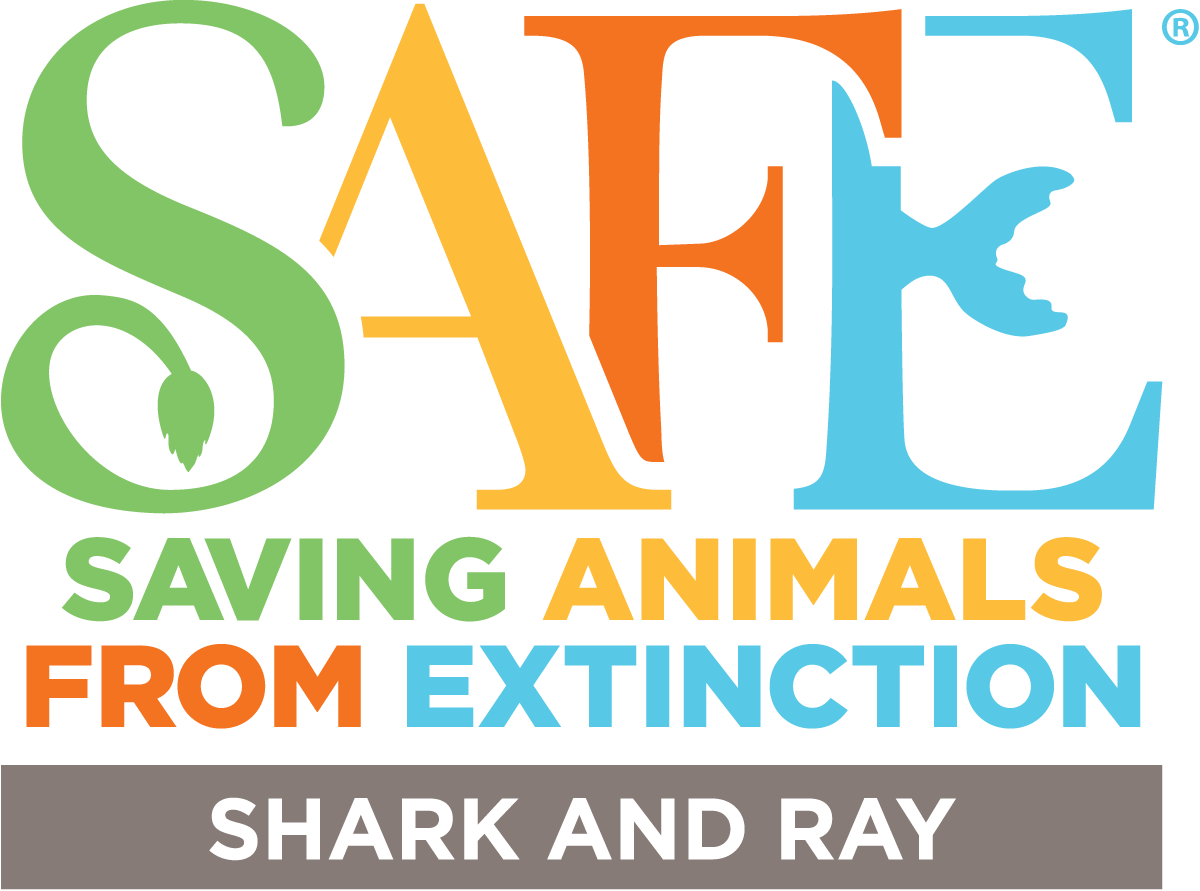How to Watch SharkFest and Shark Week Responsibly

Every summer our screens light up with shark-related entertainment programming that features content ranging from science to shenanigans. While some goofy programs may just be harmless fun, many promote questionable “experts” spouting unsupported theories that can be harmful to sharks and their conservation. There is considerable confusion amongst the public about which programs and personalities can be trusted on networks that present themselves as “educational.”
One of the goals of the SAFE Shark and Ray conservation initiative is to diversify the sharks, shark science, and shark scientists that we see in popular media. While tagging breaching white sharks may never get old, there is so much more to sharks and shark science.
As you indulge in our nation’s annual celebration of all things elasmo, here are some suggestions for consuming your sharky shows responsibly.
Support programs with diverse experts.
The diversity of shark science and conservation is rarely reflected in popular media. Look for and support programs that feature women, gender minorities, and scientists of color. Minorities in Shark Sciences have been working actively with NatGeo and SharkFest to diversify their on-camera experts.
Support programs that include diverse shark species.
Hammerheads and tiger sharks are cool…but there are over 500 species of sharks across the globe, and we only see a tiny fraction of them every summer. Wouldn’t you be interested in learning more about puffadder shysharks or lollipop catsharks? Follow #DiverseSharks on Twitter for more on this underappreciated silent majority.
Avoid programs with “shark attacks” in the titles or descriptions.
Shark attacks are vanishingly rare and yet almost omnipresent in shark media. This incessant conversation reinforces established biases about sharks and hampers conservation efforts. There are also just more interesting things to talk about.
Be a savvy and critical observer.
How do factors like ominous music and aggressive editing influence how a someone views a scene? These production choices can be manipulative on the part of producers. What kind of narrative are they creating? Who are the “experts” contributing to the program? What makes them credible (or not)?
Watch along with trusted experts.
If you’re active on Twitter or Blue Sky, you can follow along with shark scientists like @whysharksmatterand others who will sometimes provide near-real-time fact-checking for programs.
Support programs with strong conservation themes and messages.
Many shark species face critical pressure from unsustainable fighting practices. More than a third of species are currently viewed as threatened. An extensive study of coral reefs around the globe documented significant declines in formerly abundant species. Yet conservation content is extremely limited in most Shark Week programs. Despite what some might think, we can talk about conservation while stoking wonder and awe of these magnificent species at the same time. These goals are not mutually exclusive.

